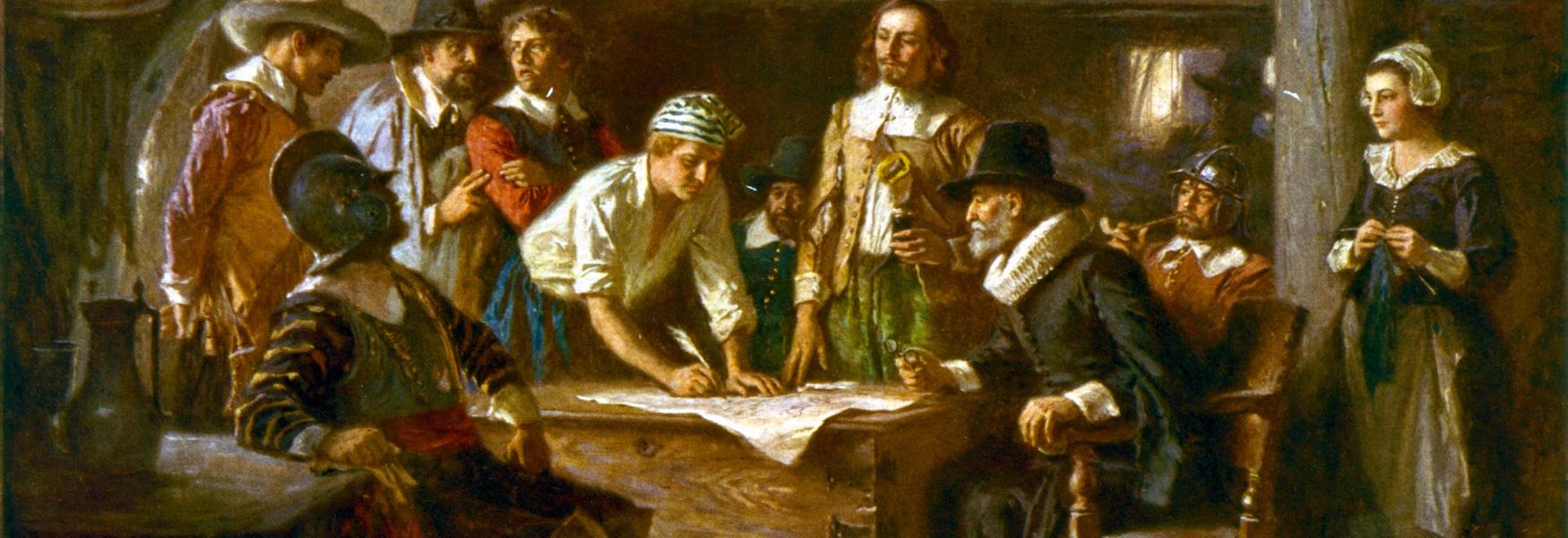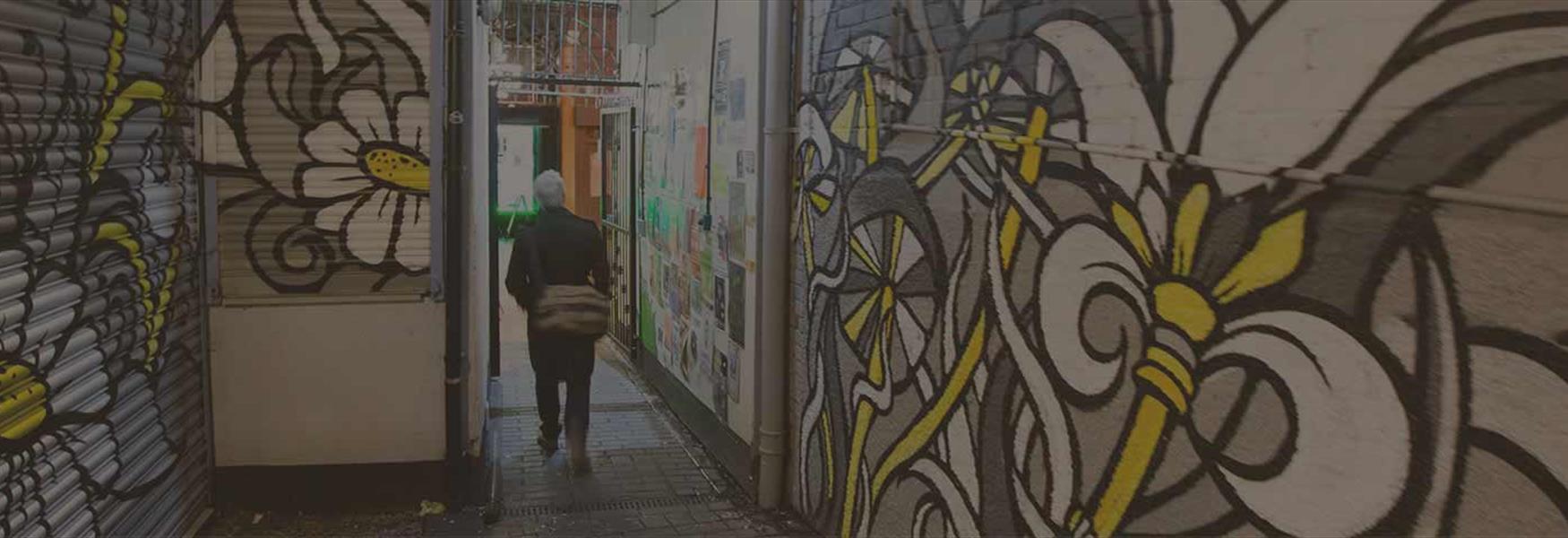To provide you with the best experience, cookies are used on this site. Find out more here.

To provide you with the best experience, cookies are used on this site. Find out more here.

To build your own Itinerary, click  to add an item to your Itinerary basket.
to add an item to your Itinerary basket.
Already saved an Itinerary?



You are here > Ideas & Inspiration > Mayflower Pilgrims > The Separatists
The Mayflower Pilgrims were also known as Separatists due to their distinct and controversial religious views. Their key belief was that people should not be bound to their local parish church but instead should be free to gather with like-minded Christians to form independent, autonomous churches. This idea of religious independence was seen as a threat to the established religious order of the time, which tied the Church directly to the monarchy.
At the time, England was in the midst of religious tension, where the monarchy's control over the Church of England was central to the power dynamics of the country. The principle of Divine Right held that the king or queen was God's appointed ruler, and any challenge to the established religious practices was seen as a challenge to the authority of the monarchy itself. To establish independent churches was seen not only as religious defiance but also as a political threat.
This was a turbulent period in English history. The country was engaged in wars with Spain under Queen Elizabeth I, and the threat of Catholicism loomed large, particularly with the rise of Mary, Queen of Scots, and the Catholic forces that supported her. The Gunpowder Plot of 1605, a failed attempt to assassinate King James I, further underscored the very real threat of Catholic insurrection. Against this backdrop, the Separatists' call for religious freedom and independence was seen as dangerous and subversive.
As a result of their beliefs, the Separatists faced increasing persecution in England. Unable to worship freely and facing constant legal and social harassment, the Separatists decided to flee the country. In 1608, they sought refuge in the Netherlands, which at the time was a haven for religious tolerance. The city of Leiden became their new home, and many of the Separatist leaders, including William Bradford and William Brewster, settled there.
However, life in the Netherlands was not without its challenges. The Separatists faced cultural and economic difficulties, and many feared that their children were being influenced by Dutch customs, which were seen as morally loose. As a result, they began seeking a new opportunity elsewhere, leading them to set their sights on the New World.
The Separatists eventually secured funding for a voyage to the New World, where they hoped to establish a colony where they could worship freely. This led to the famous journey aboard the Mayflower in 1620. Although the Plymouth Colony they founded was initially a small, struggling settlement, it would later play a pivotal role in the early history of what would become the United States.
The Separatist movement didn't end with the Pilgrims’ journey. In fact, it became more politically influential in England in the 17th century, particularly during the period of the English Civil War. Under the leadership of Oliver Cromwell, who was himself a Separatist, the movement contributed to the overthrow of the monarchy and the establishment of the Commonwealth.
Today, the legacy of the Separatists continues to resonate, particularly in the United States, where the Pilgrims are often seen as symbols of religious freedom and self-determination.
The Separatists’ views on religion played a significant role in shaping both English and American history. By advocating for the freedom of individuals to choose how and where to worship, they laid the groundwork for the broader principles of religious liberty that would later be enshrined in American law.
The Separatists’ desire for autonomy wasn’t just religious—it was a political statement against the centralised power of the monarchy. This idea of independent communities would continue to influence political thought and governance, especially in the development of democracy.
Today, there are numerous sites in England, such as Babworth, Scrooby, and Austerfield, that are connected to the Separatists' origins. These locations provide insight into the early life of the Pilgrims and the challenges they faced in their pursuit of religious freedom.
© Visit Nottinghamshire 2025. All Rights Reserved






